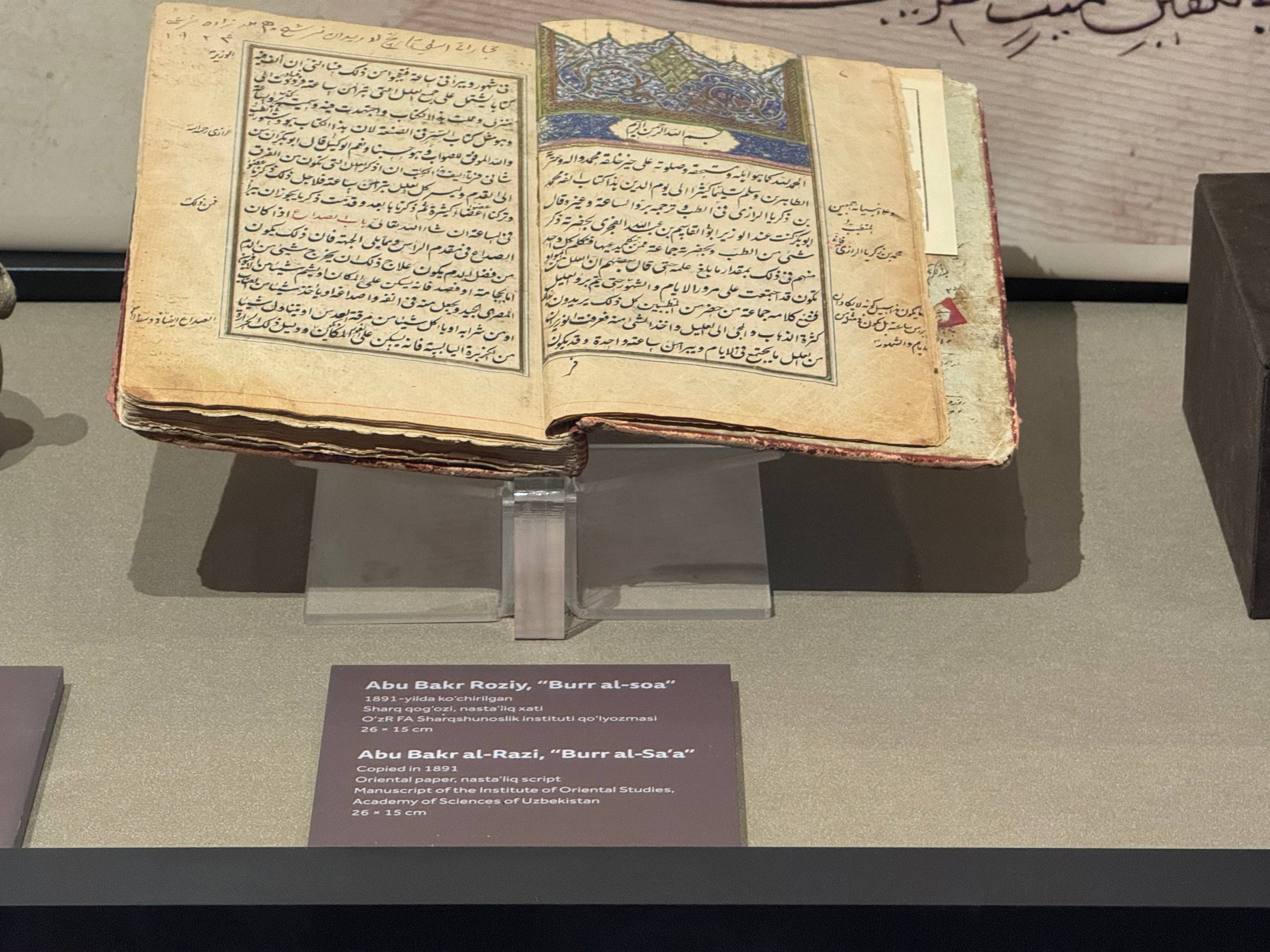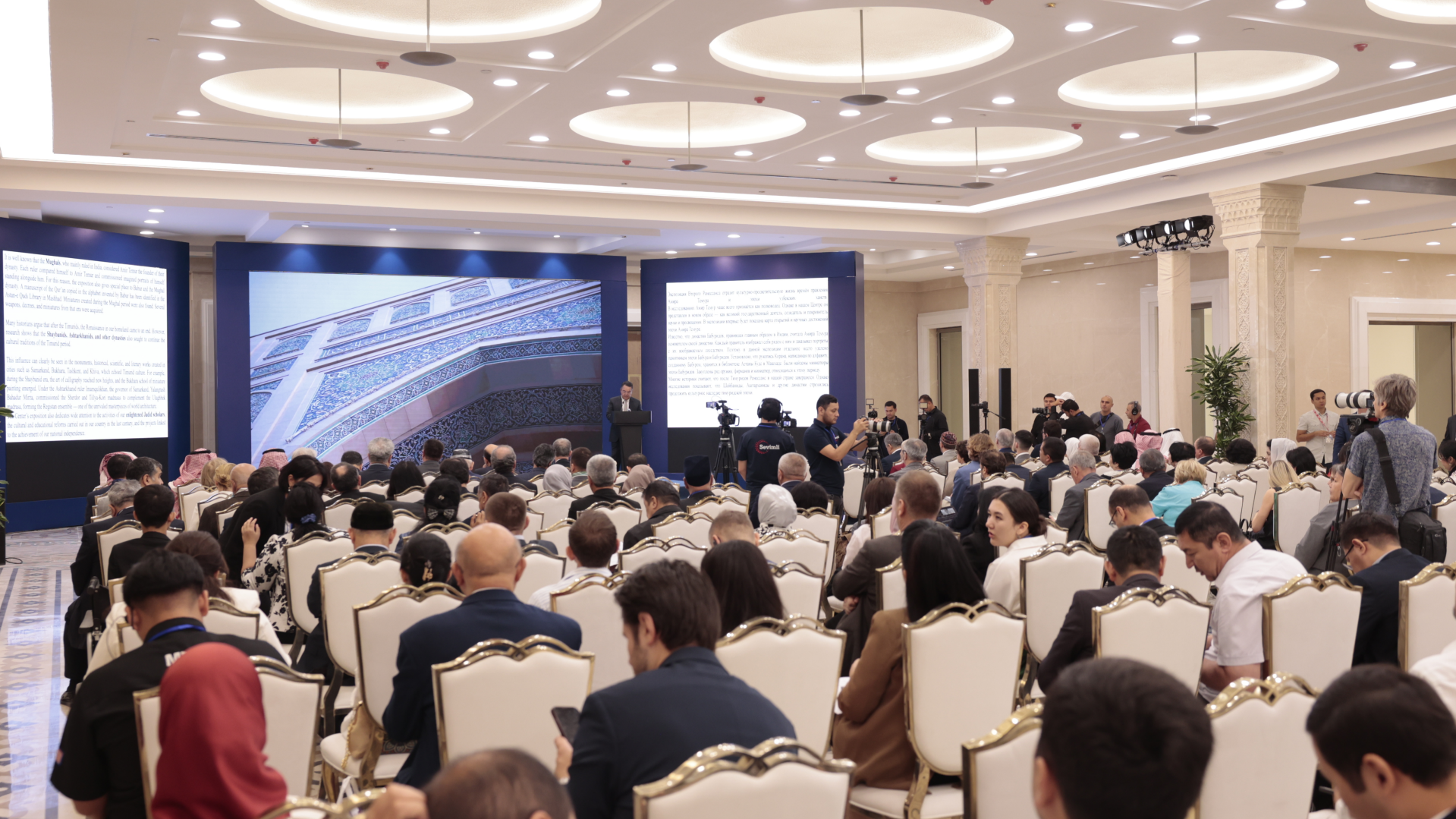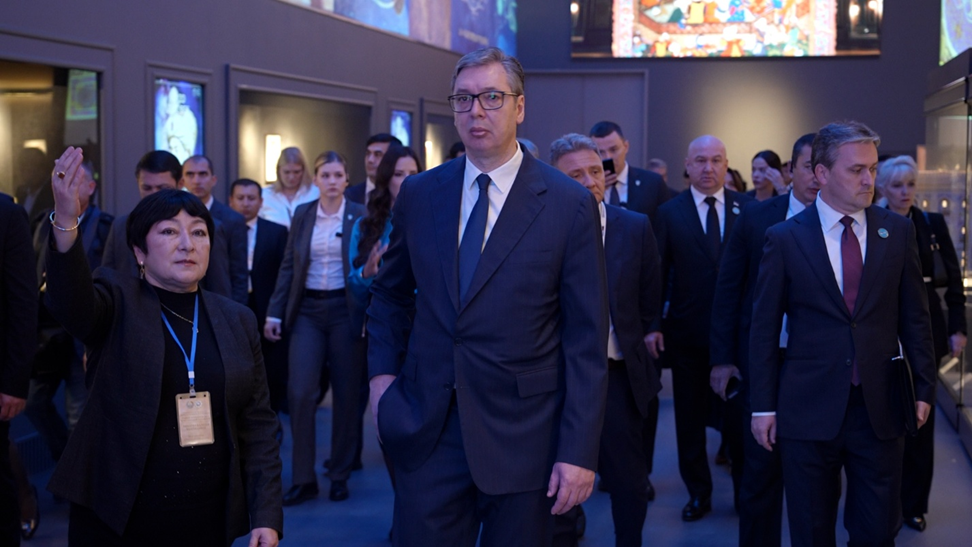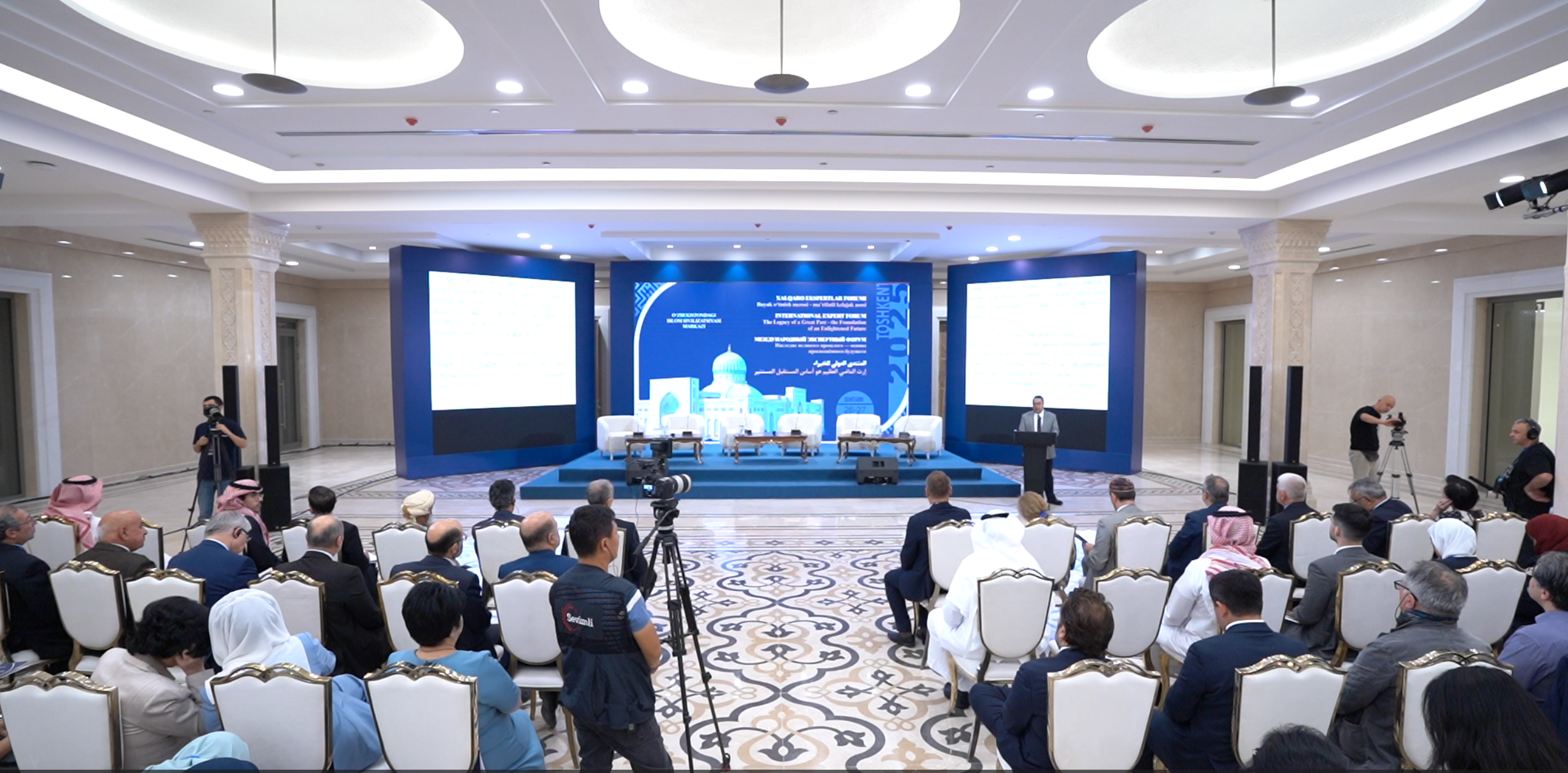A medical idea that has endured from the Middle Ages to the 21st century: Razi’s legacy at the Center
🔴 The scholar who foresaw modern psychotherapy
In the “First Renaissance” section of the Islamic Civilization Center in Uzbekistan, a special exhibition is dedicated to the life and scientific legacy of the great 9th century physician and thinker Abu Bakr Muḥammad ibn Zakariyya al-Razi (865–925). This display presents rare sources that reflect the scholar’s scientific views on maintaining human health, using the healing properties of nature, and promoting a healthy lifestyle.

In his treatise Bur’ al-Sa‘a (“Diseases that are quickly healed”), al-Razi provides practical advice on the body’s ability to recover, the healing power of nature, and the principles of healthy living. He considered harmony with the natural environment essential for human well-being and emphasized the balance between one’s inner strength and the influence of nature as the key factor in recovery. This concept of “natural healing” resonates with today’s integrative medical approaches such as psychosomatics and holistic health systems.
Ancient manuscript copies of this work are preserved in the National Medical Libraries of the United States, the United Kingdom, Egypt, Iran, and Turkey. A copy is also held in Uzbekistan within the collection of the Institute of Oriental Studies named after Abu Rayḥan Biruni. The exhibition at the Islamic Civilization Center aims to convey the scientific and philosophical significance of this treatise to the wider public and to present the practical achievements of medieval medicine in a modern format.
Dr. Fakhriddin Ibragimov, Doctor of Philosophy in History and researcher at the Institute of Oriental Studies, noted that the works of Abu Bakr al-Razi form the foundation of Islamic medical science.
“His scientific ideas were later used by Ibn Sina, and al-Biruni also held Razi’s legacy in high esteem. The treatise displayed at the Center is not only a medical source but also a monument embodying humanism and enlightenment,” said F. Karimov.
Guzal Beknazarova
P.S.: The article may be republished with a citation linking to the official website of the Center
Most read

Over 100 experts from more than 20 countries of the world are in Tashkent!

President of Serbia Aleksandar Vučić visited the Islamic Civilization Center in Uzbekistan

The Center for Islamic Civilization – a global platform leading towards enlightenment











